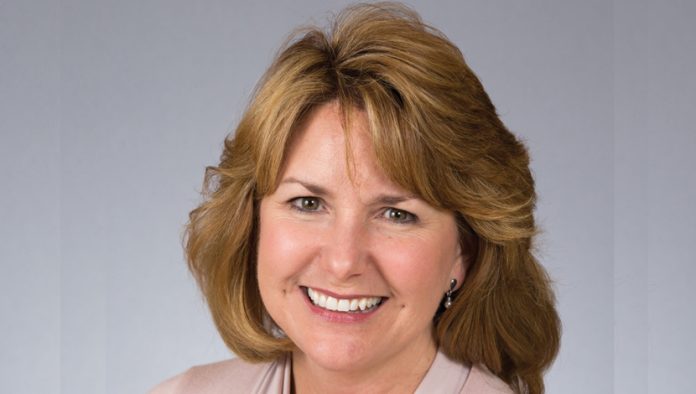The University of North Texas System Board of Regents voted Thursday to approve two additional undergraduate and graduate nursing degree programs expected to be offered starting in fall 2025 at The University of North Texas Health Science Center at Fort Worth.
A traditional Bachelor of Science in Nursing (BSN) and a Master of Science in Nursing (MSN) in Psychiatric Mental Health Nurse Practitioner will be the College of Nursing’s third and fourth degree offerings, pending approval from the Texas Higher Education Coordinating Board and the Southern Association of Colleges and Schools Commission on Colleges.
“The UNT System Board of Regents’ approval of the pre-licensure BSN and the MSN in Psychiatric Mental Health Nurse Practitioner marks the next step in expanding the HSC College of Nursing,” said Dr. Cindy Weston, DNP, APRN, FNP-BC, CHSE, FAANP, FAAN, founding dean of the college. “By adding two new degree programs to our College of Nursing, we are strengthening the nursing profession for our most critical areas of need in Texas.”
HSC’s BSN will be a 20-month undergraduate program. Students will complete two years of pre-requisite courses at a university or community college prior to admission to the HSC program. Students will take focused courses at HSC’s College of Nursing, along with hands-on clinical experiences, in order to earn their BSN.
The MSN in Psychiatric Mental Health Nurse Practitioner will be a 47-credit-hour, graduate-level program for nurses with a BSN who want to become a mental health nurse practitioner. Students may opt for a full-time program, completing the program in six semesters. A part-time option also will be available, extending the program to eight semesters.
Texas has a critical mental and behavioral health care workforce shortage, Weston said. As of October 2022, more than 160 counties in Texas had no psychiatrist or psychiatric mental health nurse practitioner providing services. The need for access to mental health care services, coupled with the opioid epidemic and the limited supply of psychiatric care providers, has created an urgent need to prepare advance-practice registered nurses to fill these gaps.
The college already is planning to offer its first two degrees this August, when its first students will start classes. The two degrees are the Registered Nurse to Bachelor of Science in Nursing (RN to BSN) and the MSN in Nursing Practice Innovation. They also are pending approval from the THECB and SACSCOC.
In February 2023, the UNT System Board of Regents approved the creation of the HSC College of Nursing to help address the shortage of nurses in Texas. The state has the eighth lowest nurse-to-population ratio in the U.S. In North Texas alone, there is a gap of nearly 7,000 nurses. By addressing the nursing shortage demand with the creation of new degree programs, HSC will produce knowledgeable nurses with its well-rounded curriculum, community-based focus and whole-health approach to educating its students, said Charles Taylor, PharmD, HSC provost and executive vice president for academic affairs.
“We want to create nurse innovators and leaders by training new nurses and building upon current nursing professionals’ education,” he said. “These nurses will benefit from HSC’s interdisciplinary approach to education and will learn how to improve health care systems and solve challenges in the nursing profession.”
More information about the HSC College of Nursing, including information about applying, is available https://www.unthsc.edu//nursing.













